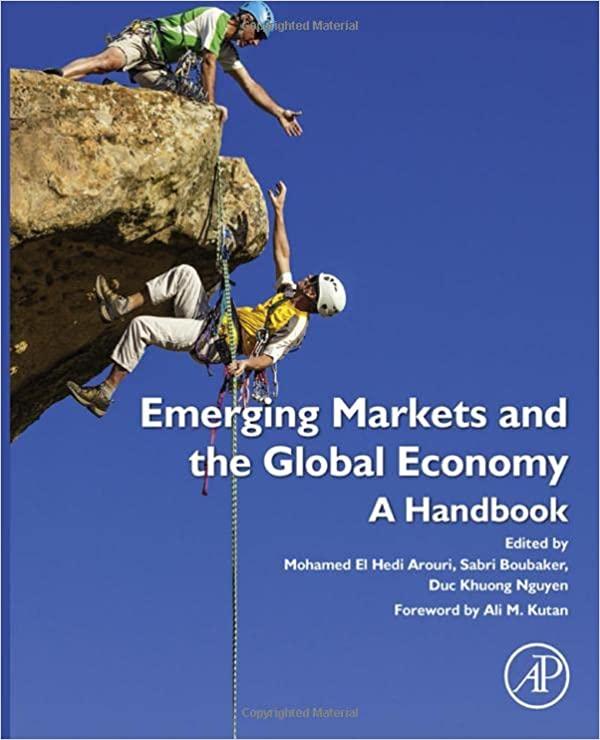Answered step by step
Verified Expert Solution
Question
1 Approved Answer
The objective of this case study is to understand how corporations determine their optimal financing policies. In Part I, you will focus on analyzing the
The objective of this case study is to understand how corporations determine their optimal financing policies. In Part I, you will focus on analyzing the decision to increase financial leverage. Note that the case has some typos and the number of shares outstanding is not consistent throughout. For this case assignment, please assume that the company has million shares before the repurchase and million shares afterwards.
Discuss Wilsons statement: Equity in the case of Marriott costs about after tax; that is the investor expects to earn on an investment in Marriotts stock. Debt costs only about after tax. Given an investment that earns after tax, it is evident that the more debt that I have in my capital structure, the lower will be the cost of my capital, and the more return I will have left over for the holders of my common stock. Since debt is so cheap relative to equity, it would seem attractive to use as much debt as possible in a capital structure. In fact, if cost were the sole criteria for selection, one would use debt.
Where did Wilson get the number Is it a proper measure of the cost of equity Why? What is your estimate of
Do you agree with the statement the more debt that I have in my capital structure, the lower will be the cost of my capital... it would seem attractive to use as much debt as possible Why or why not?
Derive the relationship between a companys pricetoearnings PE ratio and its cost of equity. For simplicity, assume the companys future earnings per share EPS follow a perpetuity and all earnings are paid out as dividends. How will Marriotts proposed change in capital structure affect its PE ratio?
Based on your answers in can the tender price of $ be justified from the increase in tax shield under the higher leverage? Hint: In answering this question, you also need to identify how the increase in tax shield affects EPS.
Wilson deems unused debt capacity imprudent in an inflationary environment. What does he mean? Does higher leverage necessarily make sense with higher inflation?
Step by Step Solution
There are 3 Steps involved in it
Step: 1

Get Instant Access to Expert-Tailored Solutions
See step-by-step solutions with expert insights and AI powered tools for academic success
Step: 2

Step: 3

Ace Your Homework with AI
Get the answers you need in no time with our AI-driven, step-by-step assistance
Get Started


